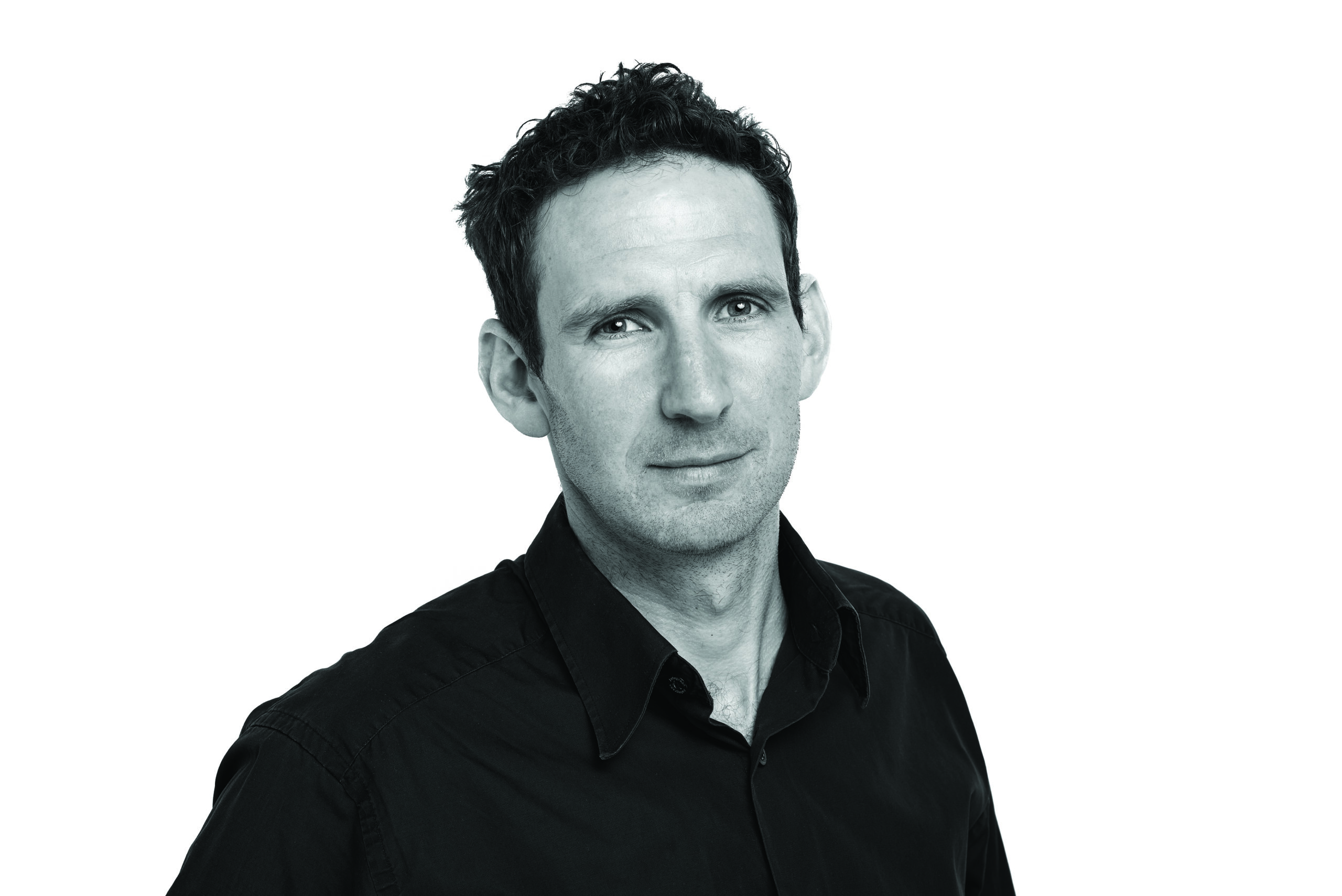Two months shy of his 60th birthday, a weary Andrew Messick called time on his 12-year reign as the chief executive of Ironman.
Citing not having the energy for another five years at the helm – the span he believes it will take for the company to instigate necessary customer-focused changes – it’s time for a new face at the finish line, and in the firing line.
Tri's most influential figure?
There’s a compelling case to be made that Messick has been tri’s most influential – and polarising – figure over the decade and more since he stepped into the post from his role as president at AEG Sports.
And while Ironman’s unashamedly aggressive tactics marked out his tenure, some of his combative edge was softened by the toll of the pandemic.
An “event company that doesn’t do events is a problem”, is how Messick reflects on a devastating period that included a three-year hiatus from racing at Ironman’s spiritual home in Hawaii.
It’s not just triathlon either. Ironman’s expansion into marathons, trail running and mountain biking, meant that for all the customer anguish over refused refunds and poorly communicated cancellations, internally Messick had to navigate an 85% downturn in revenue that put jobs in jeopardy.
Dwindling appetites for expensive races
The brand survived where other event organisers didn’t, but the longer-term damage inflicted by coronavirus to the high-ticket, mass participation model may only just becoming clear, and represents the biggest challenge to Messick’s successor.
Dwindling appetites for expensive, long-distance endurance pursuits at a time when overheads are spiralling and customer purse strings are tightening, is a bad combination.
Messick chooses to focus on the growth of 70.3 events across the globe in locations from Vietnam to Kazakhstan to the Middle East and Chile, but in established markets it’s a different picture.
In the UK, for example, Staffs 70.3 and a full-distance race in Bolton has been condensed to a 70.3 in Bolton for 2024, and it remains to be seen if numbers hold. Across Europe and the USA events are not selling out.
Terrible optics, U-turns and tragedy
The Ironman World Championship has been expanded to two days of racing (in two different countries), but qualifying slots rolling further than ever are terrible optics.
Messick says plans have been in place since the start of the year for him to step down and, following the U-turn on a two-day Kona and the tragedy of Ironman Hamburg, it is of his own volition.
Those are punches a CEO has to roll with, but for shareholders the buck only stops in one place. And for all the things Ironman represents to triathletes the world over, it is judged internally by the balance sheet.
How will Messick be judged? A stewardship that wasn’t perfect, but also a lightning rod for all Ironman’s ills.
What is without question is that having completed four full-distance events himself, having been there done it and got the Ironman T-shirt if not the tattoo, his own commitment to the brand was unquestionable.
The next incumbent is going to need the same and more if Ironman is to continue to prosper.
Illustration: Dan Seex
